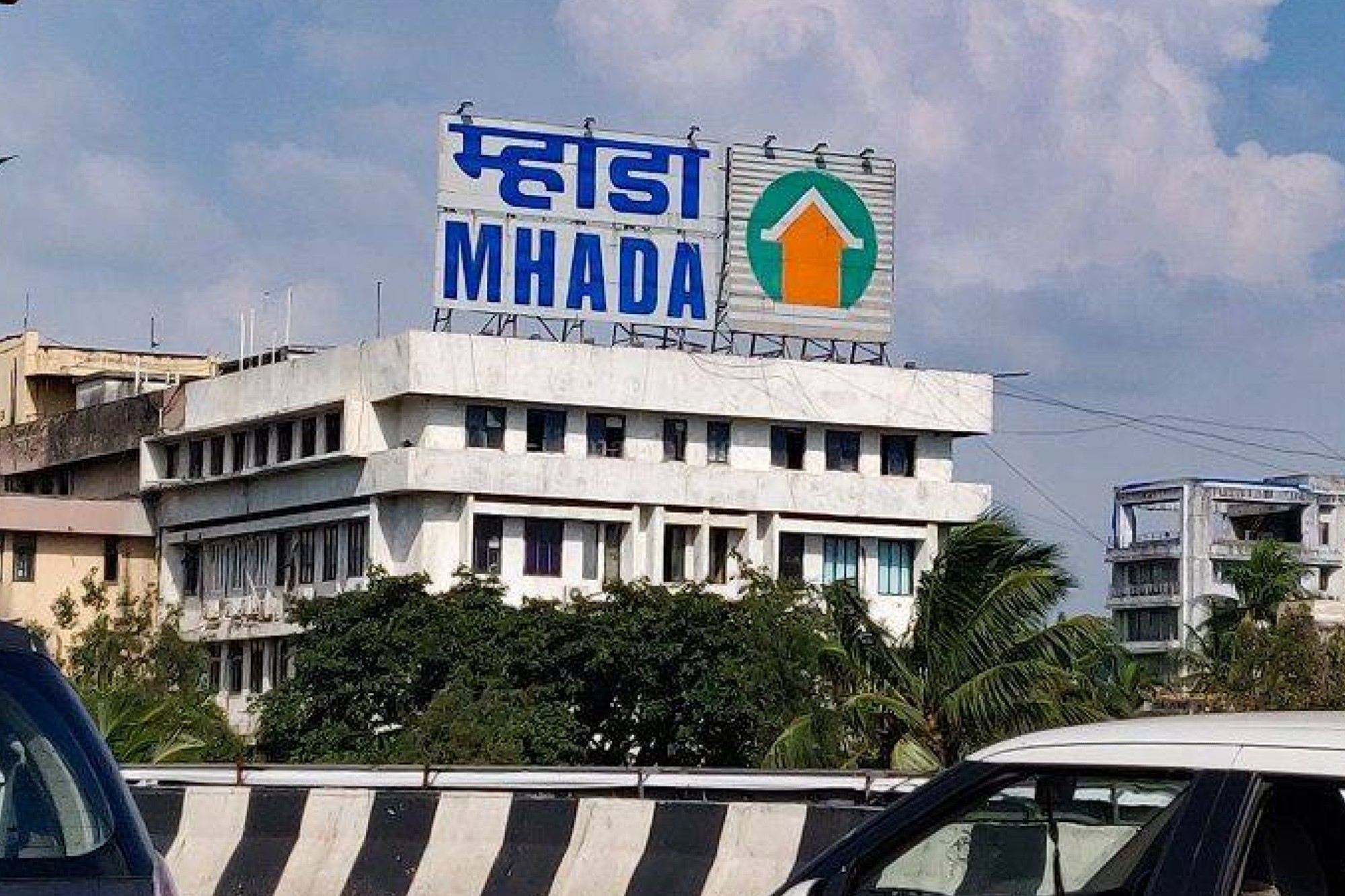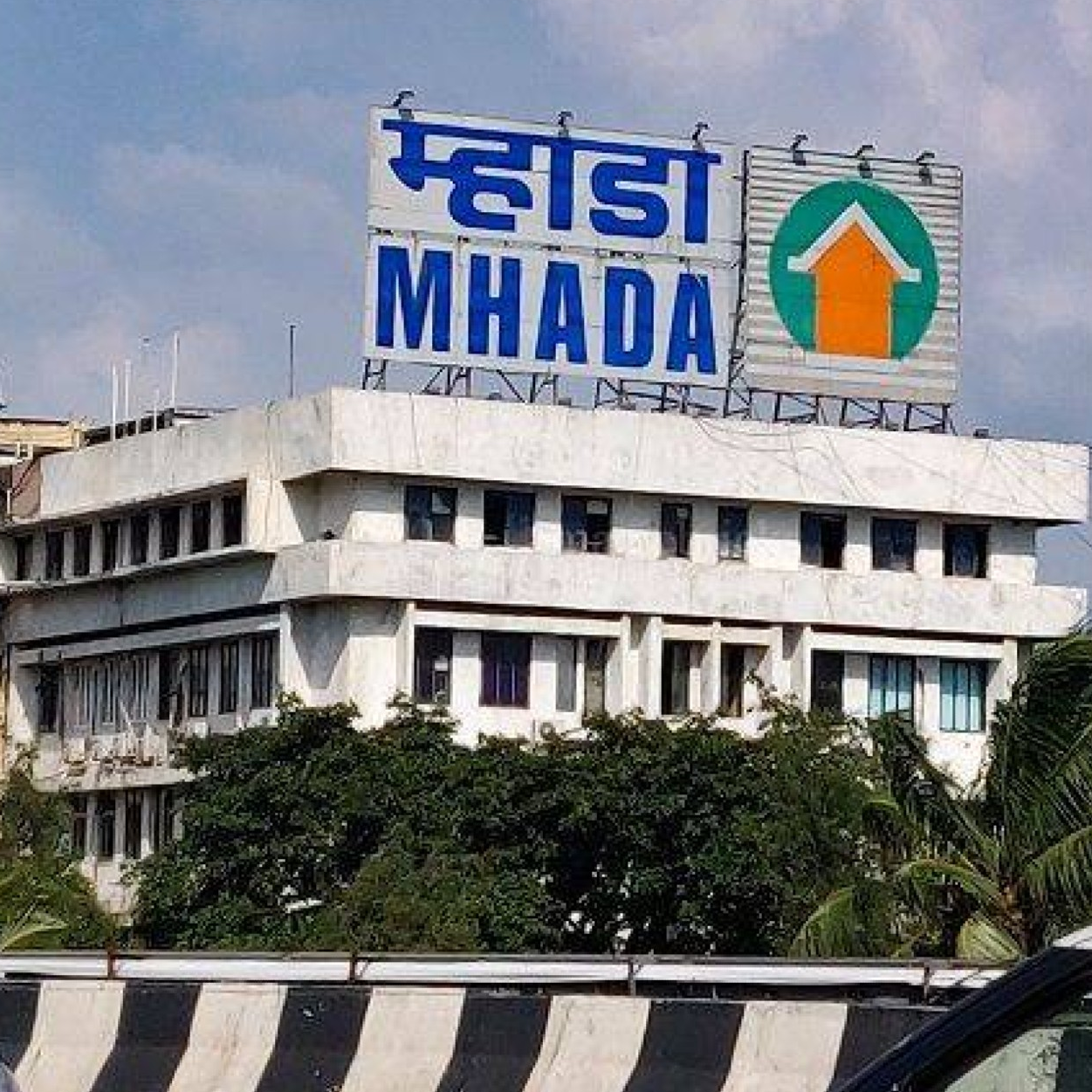
A Viral Promise That Fails the Reality Test, The Truth Behind Pune’s Viral “₹90 Lakh Home for 28 Lakh” Story
The Indian housing story has always been a mirror of our aspirations and anxieties. Homeownership, especially in growing cities like Pune, remains a defining marker of middle-class success. So, when news headlines began circulating that MHADA’s Pune Lottery 2025 is offering homes worth ₹90 lakh for just ₹28 lakh, the story understandably ignited hope and clicks. But like most things that sound too good to be true, this one deserves a closer, more rational look.
Pune’s real estate market has matured rapidly over the past decade, powered by its thriving IT sector, world-class education ecosystem, and a cosmopolitan workforce. The city’s average property prices have risen nearly 6–8% annually, outpacing income growth for most households. Against this backdrop, the idea of buying a prime 2BHK in Wakad, one of Pune’s most promising suburban corridors, at one-third the market price feels like a fantasy that only government intervention could make real. And that’s exactly what this viral news claims: that MHADA is selling premium apartments, built by the Vilas Jawalkar Group, for as little as ₹28 lakh under its affordable housing scheme.
MHADA’s Mission: Democratizing Housing Access
The Maharashtra Housing and Area Development Authority (MHADA) has indeed earned a reputation for democratizing housing access. Its lotteries, known for transparency and procedural fairness, have helped thousands of families realize their dream of homeownership. Over the years, under the stewardship of senior officers like IAS Sanjeev Jaiswal, MHADA has embraced digitization, e-payments, and public verification to eliminate opacity and favouritism. The 2025 Pune Board Lottery, accessible on the official portal, reflects these values, offering legitimate housing opportunities through a structured, transparent, and technology-driven process.
However, the viral claim that “₹90 lakh homes are being sold for ₹28 lakh” stretches this reality to breaking point. While MHADA does offer flats at prices significantly below market rates, these homes are typically smaller in size, governed by eligibility criteria, and designed for lower and middle-income groups. The flats in question, reportedly part of Yashwin Arbo Centro in Wakad, do exist under MHADA’s quota, but the scale and pricing must be interpreted correctly. These are not luxury 3BHKs being sold for 70% off, but compact 2BHK units, around 500–600 square feet, reserved for a specific category of applicants. The difference between market price and MHADA price reflects policy subsidy, not market distortion.
How a Policy Story Became a Sensation
The challenge lies not in MHADA’s intent, but in the way such stories get amplified and simplified online. Dozens of websites, blogs, and videos have turned a technical housing notification into a sensational headline. Some even claim “free registration” or “guaranteed allotment”, clear red flags for anyone familiar with government lotteries. The official MHADA site, https://lottery.mhada.gov.in, remains the only legitimate platform for applying. Any payment demand, link, or offer outside that portal is, at best, misleading and, at worst, fraudulent.
The larger issue here is one of public literacy in governance. Affordable housing programs operate on subsidy logic, not miracle discounts. They exist to correct market failures, not to create overnight wealth transfers. Every ₹1 crore invested in such schemes generates up to ₹2.5 crore in economic activity, in construction, materials, and services, while anchoring social stability. When such initiatives are misrepresented, they not only distort public expectations but also erode trust in institutions that are, in fact, performing well.
Always Verify: MHADA’s Official Sources Are the Only Truth
In an era where misinformation spreads faster than facts, citizens must exercise caution and verify all housing-related news directly from MHADA’s official channels. The authority maintains complete transparency through its official website, https://lottery.mhada.gov.in, where every active lottery, eligibility criterion, project detail, and deadline is published. No private website, YouTube video, or social media post should be considered reliable unless it cites MHADA’s official circular or notification. The public should be wary of intermediaries, unofficial agents, or platforms claiming early access or assured allotments. MHADA does not authorize third-party registrations, payments, or promotional schemes. Informed vigilance is the best protection against fraud in the digital age of housing information.
The Role of Leadership and Transparency
This is where leadership matters. Officers like IAS Sanjeev Jaiswal have made transparency, accountability, and citizen participation the pillars of MHADA’s operations. From digital documentation to real-time grievance redressal, these reforms have modernized one of Maharashtra’s most vital public agencies. Yet, even the most efficient systems can be undermined when misinformation gains momentum faster than facts.
In an age of viral content and short attention spans, truth must compete with speed. The story of “₹90 lakh homes for ₹28 lakh” is a case study in why responsible communication is not optional, it is a governance imperative. For citizens, the lesson is simple: verify before believing. For media platforms, it is a reminder that public trust is earned not through excitement, but through accuracy.
Housing as a Driver of Inclusive Growth
Affordable housing remains one of India’s most potent instruments for inclusive growth. It reduces inequality, boosts consumption, and builds the social infrastructure for a stable democracy. MHADA’s real achievement lies not in creating miracles, but in institutionalizing fairness, making the process of owning a home accessible, predictable, and transparent. That’s the story worth amplifying.
In the end, the dream of a home should be built on foundations stronger than rumours. Pune’s housing future, like India’s, depends not on viral headlines, but on verified hope.

